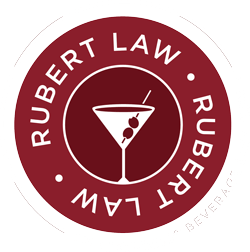The alcohol industry is more regulated than most. So, alcoholic beverage businesses should check liquor laws and regulations before proceeding with any project that involves public sales or services. For example, a liquor store or alcoholic beverage importer may wish to offer tastings of alcoholic products. Since this new project is outside their usual norm importing product, the business may need additional clarification from the Department of Business and Professional Regulation on whether they can host tastings. Doing this ahead of time reduces or avoids the risk of expensive penalties. The business can petition for a declaratory statement that provides authoritative guidance on the matter in question.
As outlined in a previous blog, there are certain conditions for requesting a declaratory statement. Generally speaking, this petition must come from someone with standing (operate a business) in the liquor industry and explain how a law or regulation applies to their circumstances. To get their declaratory statement, the business must have specific questions about specific regulations and laws that they want to be clarified. In this case of a tasting, common questions may include:
- Can the business conduct tastings at on-sale and off-sale sites?
- Can the business owner hire a third party to conduct, attend or participate in the tasting as their representative?
- Can the business owner legally consume their own beverages at the tasting?
Not so fast!
While these questions may seem specific enough, the questions do not cite all applicable regulations. Not including this information will delay an answer. To speed up this process of obtaining regulatory statements, the business with standing often finds it helpful to work with attorneys who understand Florida’s liquor laws. They can properly frame questions and even provide insight on the issue before submitting the petition for the declaratory statement.
